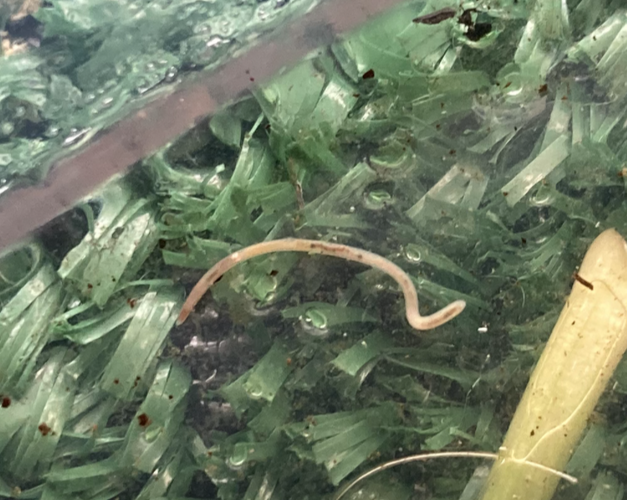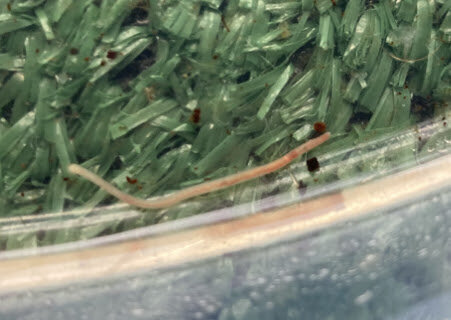bberry820
Member
I was doing my routine cage cleaning and I noticed what I am almost certain are parasites in the bottom of one of my plants. Sometimes my chameleon will walk around on the bottom of the enclosure for no reason and will step in the water containing these worms. I want to get him checked out ASAP but I want to make sure I take him to a vet that can treat him. Is a normal vet sufficient for this treatment or is a reptile specific vet needed? Also does anyone have any recommendations on a reptile vet in south west Florida?










